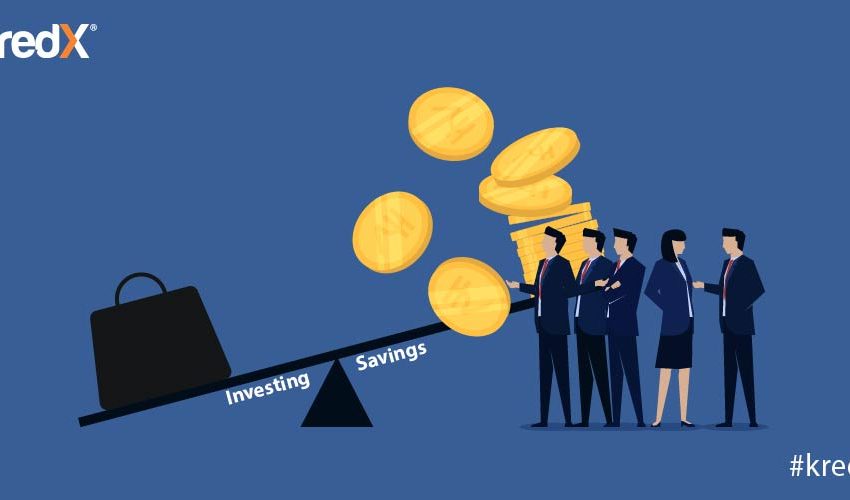
Savings Vs Investing Money: Striking The Right Balance
Even though savings and investments are a way of making the highest possible returns, people often find difficulty in differentiating between the two.
Saving and investing are two completely different entities to grow your money, and choosing between the two isn’t an easy task. Both have a different trajectory of growth, and purpose and play a critical role in one’s financial strategy. However, they both share the same goal – to make you financially stable.
So, before deciding on whether to save or invest money, one needs to have clarity on the associated risks and the return potential of the same. Moreover, having a clear differential view on the subject matter before building your wealth empire is considered critical as it can save heartache and stressful moments.
Why Save?
Financial advisers suggest that having a contingency fund for emergencies should always be on the priority list of any investor. Saving money is the process of parking cash in safe and liquid securities of accounts. Here, the whole idea is to have immediate access to cash as and when required.
Why Invest?
Investing is a way of utilizing cash or capital to purchase an asset or item with the goal of generating income or appreciation. Through regular investments, there’s a higher probability of generating safe and acceptable rates of return over time, ultimately increasing wealth, even if it means suffering market volatility, perhaps even for years. Most of the investments are backed by some kind of margin of safety, often in the form of assets or owner earnings.
Key Difference Between Saving & Investing:
| Saving | Investing |
| Short-Term: It is usually done for small, short-term goals, for instance, purchasing a vehicle or creating an emergency fund. | Long-Term: Investing is typically for long-term goals (minimum 4-5 years), for instance, saving for a home or a child’s education. |
| Easy to access cash: A savings account offers access to hard cash when required. However, many savings accounts have limitations to the number of withdrawals | Hard to access cash: When you invest cash, it’s normally not as simple to get your hands on it quickly, when compared to a bank account. |
| Low Returns: With a savings account, an individual can earn interest by parking cash in a bank account. However, saving accounts by and large earn a lower return than investments. | High Returns: Investing has the potential for a higher return than a standard savings account. With time, the investment will appreciate, ultimately increasing net worth. |
When Do We Save Vs When Do We Invest?
Saving, alone can only increase your wealth to a certain extent since it is just accumulated cash. To generate returns from savings, an individual must mobilize his capital. There are various methods for channelizing savings funds; one of them is by investing, where you can discover boundless alternatives to invest your earnings. While risk and returns are always associated factors with investment, one must remember that one is not possible without the other.
The stepping stone of wealth formation is savings, which is chosen by an individual’s dimension of pay. The higher the salary of an individual, the higher his ability to save, because the increase in pay builds the propensity to save and diminishes the affinity to consume.



